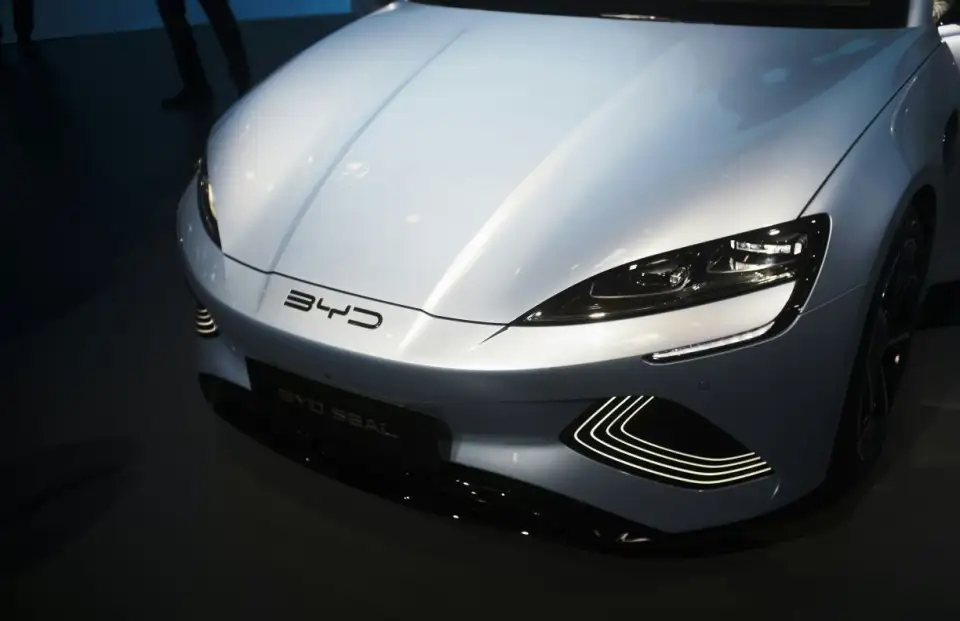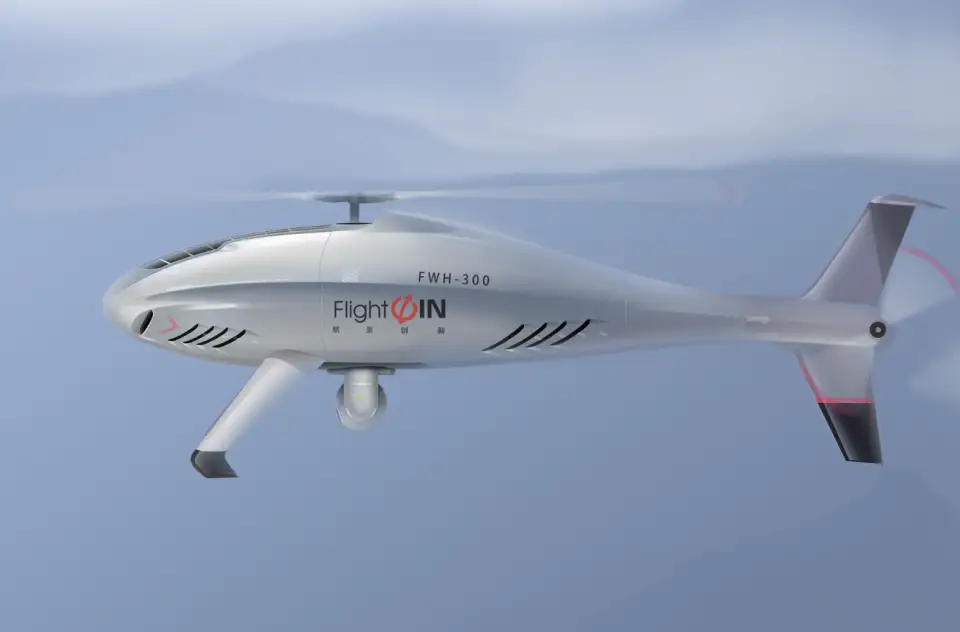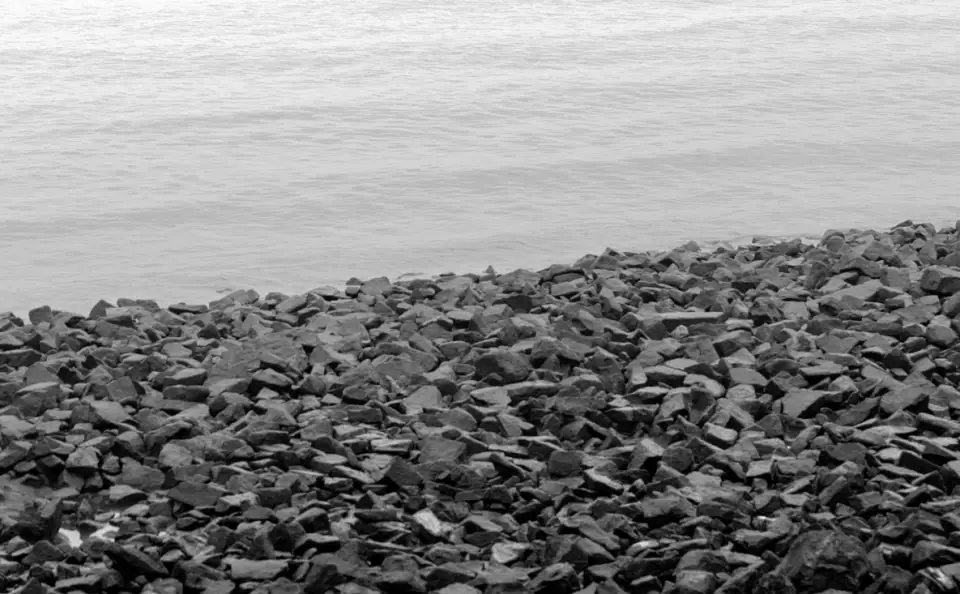
Can Turkey Become a New Bridgehead for Chinese Automakers Entering the European Market
Straddling Europe and Asia with its strategic geographical position, Turkey is emerging as a critical springboard for Chinese automakers aiming to enter the European market. According to Turkish media Haberler, on February 25, Turkish President Recep Tayyip Erdoğan announced to reporters after a cabinet meeting that a Chinese automaker had completed investment preparations for a factory in Samsun Province, northern Turkey, with construction set to begin soon.
This marks the second Chinese automaker to establish a factory in Turkey, following BYD. Speculation surrounds the identity of the new entrant. Economic Observer contacted Chery, SAIC, GAC, and Geely—companies with plans to expand in Europe—but has yet to receive confirmation.
Against the backdrop of the EU imposing high tariffs on Chinese electric vehicles (EVs), Chinese automakers’ investments in Turkey carry symbolic significance.
Under the EU-Turkey Customs Union agreement, vehicles manufactured in Turkey enjoy preferential access to the EU market, making Turkey a viable pathway for Chinese automakers to bypass EU tariffs.
However, Turkey itself once imposed steep tariffs on Chinese cars. In March 2023, Turkey introduced a 40% additional tariff on imported Chinese EVs, raising the total tariff to 50%. By June 2024, this policy expanded to cover all Chinese automotive imports (including parts), with a minimum tariff threshold of $7,000, effective July 8, 2024.
In July 2024, Turkey introduced a tariff exemption for Chinese automakers. A presidential decree issued on July 5 exempted auto manufacturers covered by Turkey’s investment incentive policies from additional tariffs, reducing their tariff burden to 10%. This exemption aims to attract Chinese EV investments, a key factor driving Chinese automakers’ interest in Turkey.
Zhi Peiyuan, Vice Chairman of the Listed Companies Investment Committee at the China Investment Association, told Economic Observer:"Chinese automakers are investing in Turkey for multiple reasons. Market-wise, Turkey’s large population and growing automotive demand offer new growth opportunities. Geographically, Turkey serves as a Eurasian hub, providing access to Europe, the Middle East, and North Africa, reducing logistics costs. Additionally, Turkey’s incentives—tax breaks, land subsidies—lower operational costs and enhance competitiveness."
Who Is the Second Automaker?
BYD became the first Chinese automaker to build a factory in Turkey. In July 2024, under Erdoğan’s witness, BYD signed an agreement with Turkey’s Ministry of Industry and Technology to invest $1 billion (approximately 7.273 billion yuan) in a Manisa Province factory and R&D center, slated to begin production by late 2026. Construction commenced earlier this year.
On February 14, Turkey’s state broadcaster TRT quoted Erdoğan as saying a Chinese brand was exploring a factory in Samsun Province, though he did not name the company. Erdoğan noted that after BYD’s Manisa plant, the second Chinese factory would "bring a fresh dynamic to Turkey’s auto industry." Eleven days later, he confirmed the new factory’s preparations were complete.
Domestic reports have repeatedly suggested Chery and SAIC plan Turkish factories. Süleyman Soylu, Vice Chairman of Turkey’s ruling Justice and Development Party, revealed that GAC Group is negotiating a joint venture with Turkish EV firm TOGG. EBS Automotive Consulting General Manager Şahin predicted other Chinese EV brands like Chery and Geely may follow BYD.
Among these, Chery appears the most likely candidate. As the earliest Chinese automaker in Turkey, Chery sold 60,000 vehicles there in 2024 (a 49.38% year-on-year increase), securing its position as the top Chinese brand. Larger sales volumes incentivize local production to amortize factory costs. By comparison, SAIC’s MG, BYD, and Dongfeng Sokon sold 17,200, 8,300, and 1,200 units, respectively, in 2024.
Economic Observer contacted a Chery International representative for confirmation, who stated: "I am not fully informed. Our international division lacks an official external communication channel." SAIC denied plans, GAC insiders called rumors baseless, and Geely has not responded.
What Makes Turkey Attractive?
China’s auto exports surged to 6.407 million units in 2024 (up 22.7% year-on-year), driving automakers to build overseas factories to reduce costs and enhance competitiveness.
Countries like Thailand and Mexico have become springboards for Chinese automakers in Southeast Asia and North America due to robust supply chains, low labor costs, and policy support. Now, Turkey—proximate to the EU, Middle East, and North Africa—is under scrutiny as a potential gateway to Europe.
Automotive Industrial FoundationTurkey’s auto industry, dating to the 1950s, now ranks as Europe’s fifth-largest producer with annual capacity exceeding 1.8 million vehicles. Its 1,100 local parts suppliers support 50–70% localization rates, while 30 of the world’s top 100 suppliers operate there.
Export-Oriented EconomyTurkey exports 75–80% of its vehicle production, with over 80% destined for the EU. In 2024, Turkey exported 1.1825 million vehicles (one-fifth of China’s exports), generating $37.12 billion in auto exports (+6.3% YoY), accounting for 14.2% of national exports.
Strategic IncentivesTurkey’s lower labor costs, export subsidies, and processing trade policies reduce trade expenses. As an EU Customs Union member, vehicles made in Turkey enter the EU tariff-free—a critical advantage amid the EU’s 17–35.3% tariffs on Chinese EVs.
Geopolitical RealitiesWhile the U.S. tightens tariffs on Mexico and Canada, Turkey’s EU-linked "green channel" offers Chinese automakers a lifeline to sustain competitiveness in Europe. For now, Turkey’s blend of industrial infrastructure, geographic leverage, and policy incentives positions it as a pivotal battleground in the global auto trade war.





Leave a reply